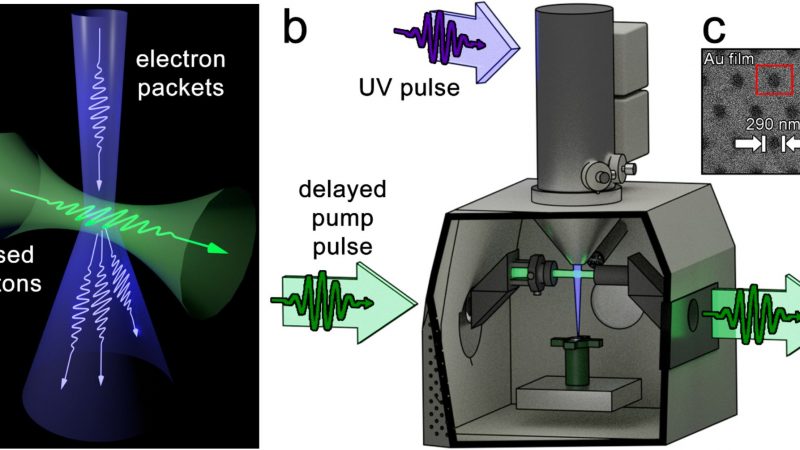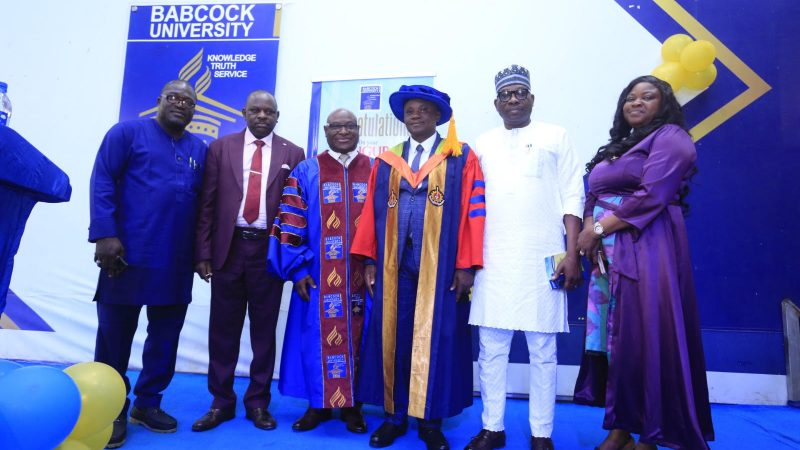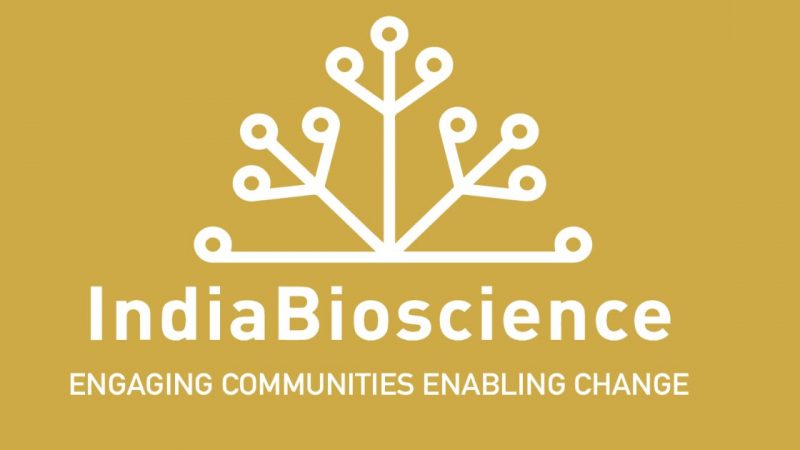Rusnano believes it's reasonable to increase share of private capital in its new projects
20 Oct 2022 17:42
Rusnano believes it’s reasonable to increase share of private capital in its new projects
MOSCOW. Oct 20 (Interfax) – Rusnano believes the best way of reorganization is to change the model of financing new projects by increasing the share of private capital, the company press service told Interfax.
In particular, the company believes the investment proportion may be ¼ at the first stage, that is, four rubles of private investors’ funding per one state ruble, “with regard for the interests of the state.” “Such proportion is in line with the rules for investing National Welfare Fund funds,” the company said.
Rusnano believes prompt debt repayment will help reduce the amount of future interest payments and will release the company’s funds for investment in promising projects.
In the meantime, the company believes speedy sale of all assets of the historical portfolio and non-investment in new projects, on which the Russian Finance Ministry insists, will reduce the proceeds from withdrawals from portfolio companies (urgent sale = discount) and closure of debt obligations with an additional burden on the state budget due to the need to pay more than 30 billion rubles in interest.
“The share of Rusnano is insignificant in many assets, sometimes it exceeds the controlling one, it makes it possible to implement partial sale scenarios and receive additional returns on the increase of cost in 2-4 years. Speedy sale of such assets is not rational,” the Rusnano press service said.
Rusnano has prepared for selling 20 companies (including foreign ones), it said. They include assets in the sphere of alternative energy. The teams will be reconfigured for new related tasks. For example, accumulated competencies in the energy sector are expected to be used in new projects for distributed decentralized energy and industrial power storage.
In the meantime, the core of the portfolio still consists of assets critical to the country in the sphere of machine-building, medicine, chemistry, petrochemical industry, light engineering and electronics, telecommunications, energy, transport, and housing and utilities sector. In particular, these are the companies Plakart, Virial, Optic Fiber Systems, RM Nanotech, Profotech, Russian Quartz, NEVZ-Ceramics, Novomet, Elvees Neotek, NovaMedia, Pharmsynthe , and some projects of the Rusnano Synthesis Foundation.
“These projects have been approved by relevant ministries and agencies. They all have the most growth potential, comply with the Russian National Development Goals for the period until 2030 and can become alternative suppliers of products that are in demand on the market, replacing the foreign players that have left. Further plans of the team are associated with maximizing their economic potential. There are plans to create industry centers of competencies on the basis of these companies,” the Rusnano press service said.
Rusnano also believes it is reasonable to reformat the company by reorienting it towards the creation and launch on the market of new technological solutions (deeptech, post-silicon electronics and photonics, robotics, creation of new materials by mathematical simulation, quantum computing, artificial intelligence, etc.).
“In any scenario, the Rusnano management will continue working on reducing operational costs, financial recovery of the company, increase the costs of assets and minimizing damage to the shareholders while achieving the asks set by the country’s administration,” the company said.
The company also said the operations financing model using borrowed funding selected by the shareholder in 2010 turned out to be incapable and became a key reason for the current financial situation of the company. There have been no such situations in the global practice of venture investment, either, the company said.
The amount of external borrowing of Rusnano exceeded 290 billion rubles in 2010-2022, and the costs of its servicing reached 133 billion rubles, that is, the amount of interest payments is more than is needed for the financial recovery of the company, Rusnano said. If the debt is paid off according to the schedule, it will increase to 165 billion rubles, including 36 billion rubles in interest, by 2028, the press service said.







